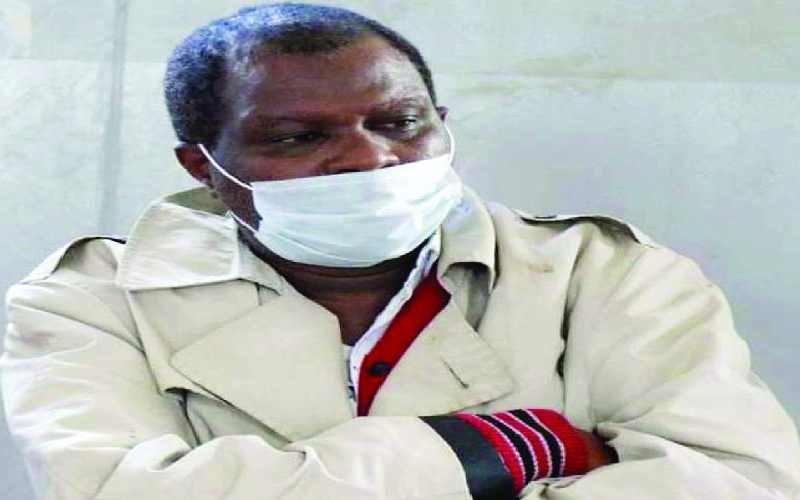×
The Standard e-Paper
Home To Bold Columnists

Charles Wanjohi when he appeared before the Nyeri Magistrates Court on November 10 last year. He was charged with forgery and released on a Sh500,000 bond with a surety of a similar amount. Right: Wanjohi's mother, Wanjira Chomba. [Courtesy]
What does it benefit a man to inherit billions of shillings and spend his life laying claim to this wealth?